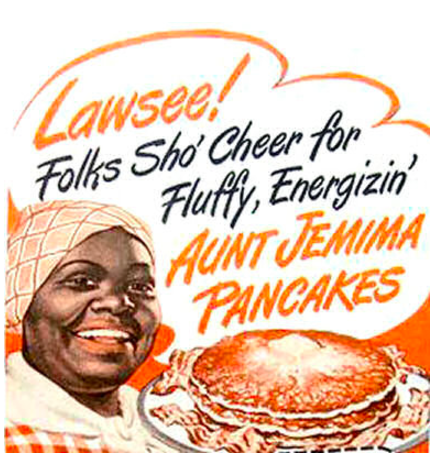By: Anay Simunovic ’18
As a child, I remember searching the grocery store shelves for the friendly face of Aunt Jemima. I remember traveling to Washington and posing alongside the Redskins mascot with the roar of NFL fans in the stands behind me. Little did I know that these common symbols contain strong stereotypes against various groups of people.
This particular phenomenon is also prevalent in the nearby town of Greenwich. At the eighth annual Greenwich Reindeer Festival & Santa’s Village, Lauren Lodato, a nanny, complained of what she believed to be a racist image on the side of the North Pole Polar Express Train ride.
According to a recent report in the Greenwich Times, the image portrayed “a caricature of a black man with oversized red lips wearing a loincloth with a bone in his hair and a white explorer on safari where they encounter a lion.” Prior to Lodato’s complaint, the image had gone undetected for years.
This particular incident got me thinking. I began to analyze everyday symbols that permeate our society, such as Aunt Jemima and the Redskins mascot, and their connections to racism. I began to understand the underlying prevalence of racism in society and the need to eradicate such symbols.
According to Riche Richardson, an associate professor in the Africana Studies and Research Center at Cornell University, the Aunt Jemima logo, influenced by Billy Kersands’ song “Old Aunt Jemima,” serves as one of the longest continually running trademarks in the history of American advertising. The logo stems stems from the notion of a “mammy,” a submissive servant who worked to nurture the children of her white master and mistress while neglecting her own.
For years, Native American individuals, tribes and organizations have called into question the use of the term “Redskins” and the image associated with the team.
More than 115 professional organizations have published resolutions arguing against the team’s use of the name and symbol, reported the American Psychological Association. They claim that the use of Native American names and/or symbols by non-native sports teams serves as a harmful form of ethnic stereotyping and works to promote widespread misunderstanding and prejudice.
Various organization and individuals have taken efforts to prevent the use of symbols with strong linkages to racism. Even so, the general American public fails to recognize the correlations. In order to rid of such ideology, education policies must be established in order to inform the people of their destructive misinterpretations.













































